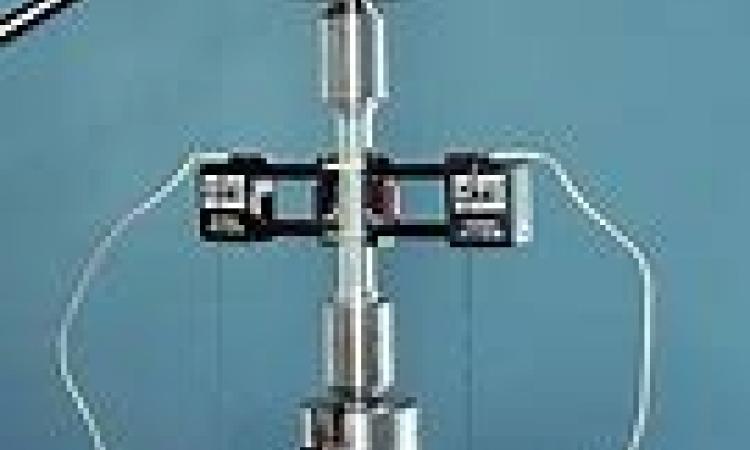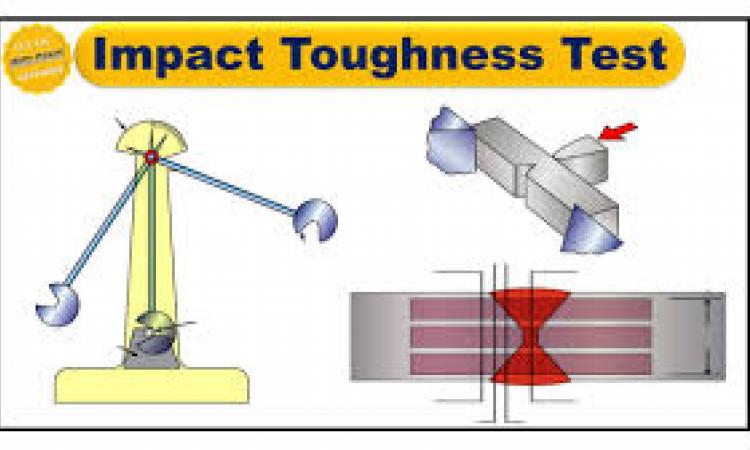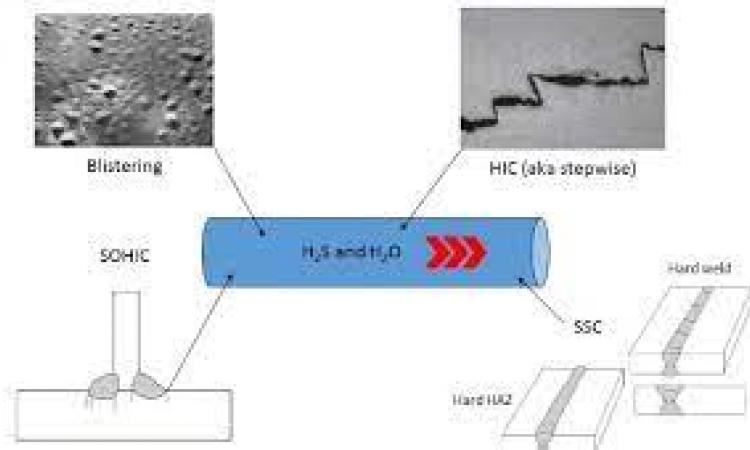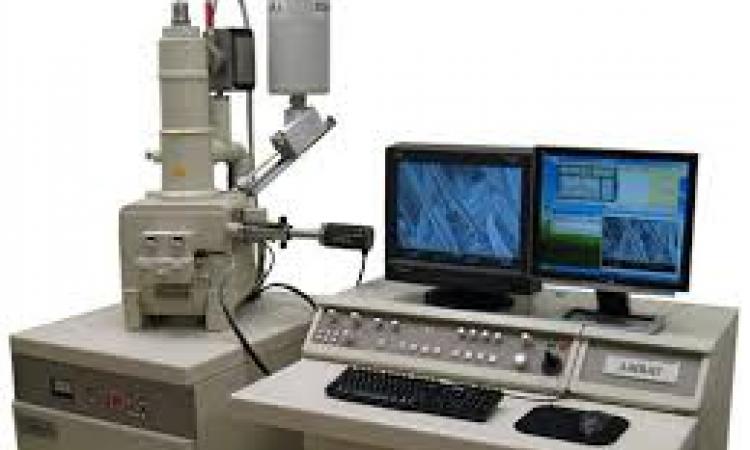
Residual stress measurement
Residual stresses are as those stresses that remain in a body after removing the external load. These stresses influence the behaviour of mechanical components and can affect their structural and dimensional stability as well as the fatigue and fracture resistance of the materials. A residual tensile stress actually facilitates crack propagation and therefore reduces the fatigue life of a mechanical component. Residual stresses limit the loading capacity and safety of mechanical components during operation and in certain conditions it is necessary to know the quantity of those stresses.
Virtually all manufacturing and fabricating processes — casting, welding, machining, moulding, heat treatment, etc. introduce residual stresses into the manufactured object. Another common cause of residual stress is in-service repair or modification. In some instances, stress may also be induced later in the life of the structure by installation or assembly procedures, by occasional overloads, by ground settlement effects on underground structures, or by dead loads which may ultimately become an integral part of the structure.
Sometimes alone and some-times in combination with other factors, unaccounted for residual stresses have caused the failure of major bridges, aircraft, ships and numerous smaller structures and devices, often with substantial loss of life. At other times, residual stresses are deliberately introduced to provide beneficial effects, such as in pre-stressed concrete, shot-peening and cold hole-expansion.
DASHINSPECTORATE have the capability to quantify the residual stress using non-destructive portable equipment. On site field measurement and laboratory-based measurement also can be carried out using this NDT method.
Residusl Stress on Wheels
The presence of high residual stress in Railway wheels & Crane wheels are the main causes of cracks that may result in severe issues during the wheel’s services life.The Railway industry and other vehicle industries is required to ensure that stress levels present in wheels are with acceptable limits defined by the category of the wheel under study. A premature diagonosis can prevent dangerous and costly situation. We are using EMAT technology as a solution for measurement of residual stress in wheels by a reliable easy and fast method.
EMAT (Electro Magnetic Acoustic Transducer) Technology is weidely used in multiple applications
Its capable of generating ultrasound directly within the material under inspection
Dry Inspection, No Couplant ins required
Inspection through paining and coatings
No surface preperation is required
Unique wave modes
What Causes Residual Stress?
Residual stress can be induced due to welding
Residual stress can be developed on structure component in service
Manufacturing and fabrication process introduce residual stress (Casting, Molding, Machining, Plastic deformation by Bending, Rolling, Forging, Wheels, Pressure vessels, Oil Tanks etc)
Estimation of stress created by heat treatment process
Stress measurement from in-service pipeline
Residual stress could be caused by localized yielding of the material , due to sharp notch or certain surface treatments like shot peening or surface hardening
Failure analysis of component.
Thermal residual stresses are created due to differential expansion when a material is heated or cooled
When any object is formed through cold working , there is the possibility to develop residual stress
What residual stresses can cause
Residual stresses can result in visible distortion of a component and lead to a failure
Residual stresses can cause a metal part to suddenly split into two or more pieces after it has been resting on a floor without external load being applied
Residual stresses relaxation can deform a peace when it is in machining
Residual stress measurement
Stress due to external loads can be calculated with a degree of accuracy, but residual stresses are difficult to foresee. Therefor it is important to have a reliable method able to measure directly with minimum damage to the surface
Residual stresses can play an important role in explaining and preventing failure of a component
Residual stresses relaxation can deform a peace when it is in machining
DASHINSPECTORATE use ultrasonic portable equipment to measure the Residual stress from a component without any destruction of the material











